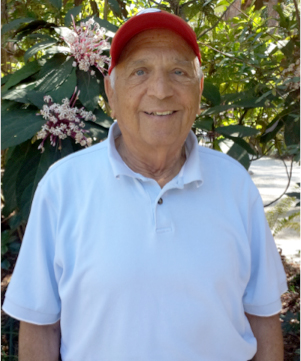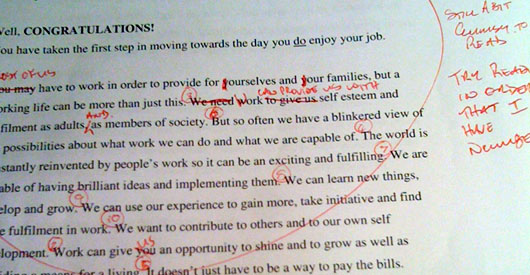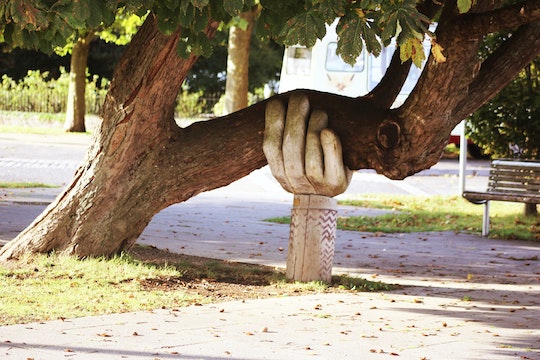“People who throw kisses are hopelessly lazy.”
—Bob Hope, 20th Century British-American stand-up comedian
Consider the following personal gestures:
- A real kiss versus a thrown kiss
- An air hug versus a real one
- A text versus a phone call
- An emoji versus the real thing
With our physical distancing efforts over the past 18+ months our habits and interpersonal rituals have changed. At what cost have these shortcuts and acts of laziness impacted your most valued personal and professional relationships?
EXERCISE:
One of my favorite books, which I have mentioned over the years, is The Five Love Languages by Gary Chapman. Within its pages are many strategies related to the offering of quality time, words of support, and acts of personal touch that can still be offered to those you love in full measure. Consider checking it out for yourself.










